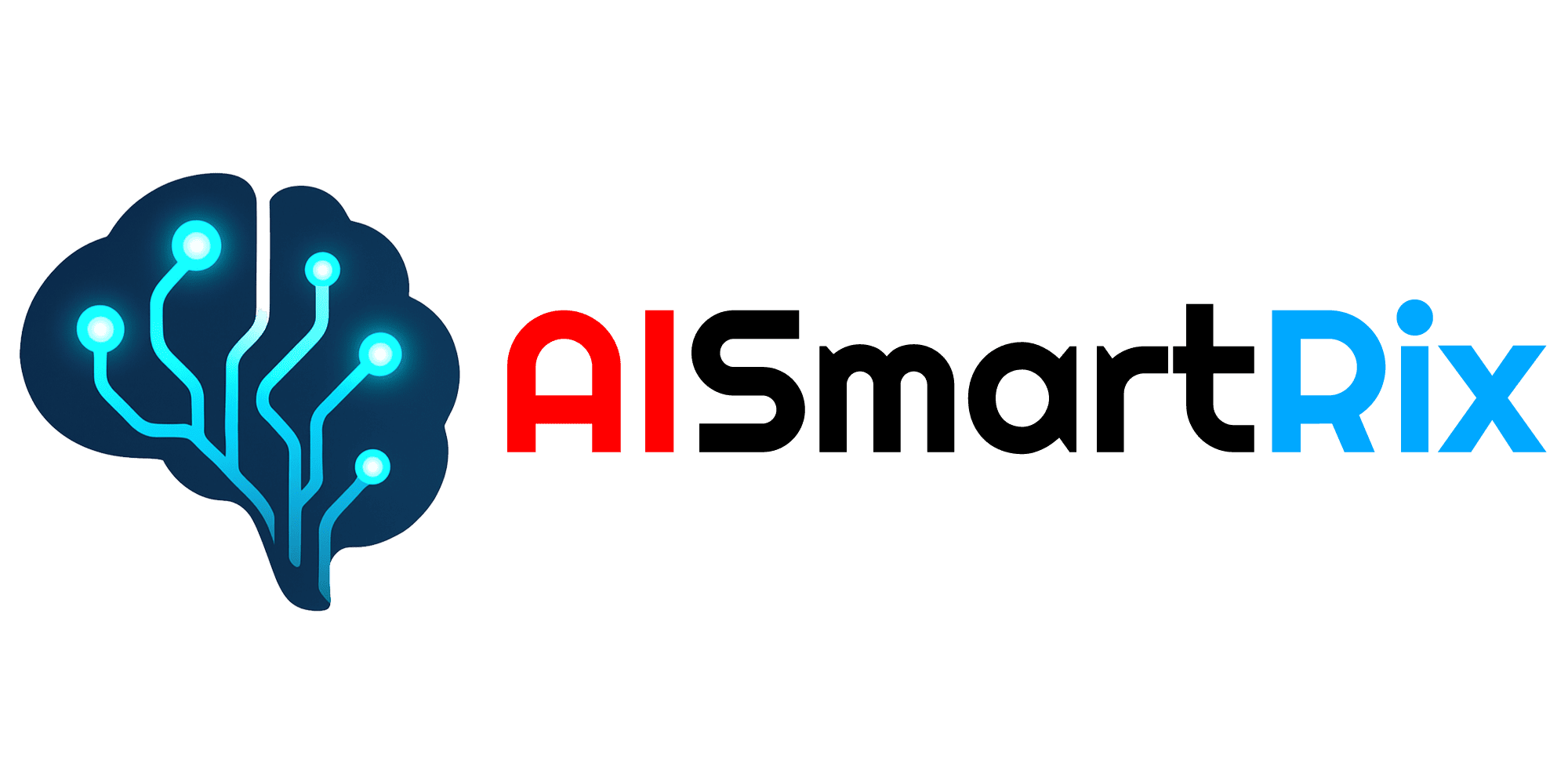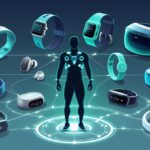AI in Healthcare: How Machines Are Saving Lives
Artificial Intelligence (AI) is no longer a futuristic concept—it is actively reshaping the healthcare industry today. From early disease detection to robotic surgeries and personalized treatments, AI is helping doctors, nurses, and medical researchers save lives faster and more efficiently.
In a world where medical systems face increasing pressure from rising populations, aging demographics, and limited resources, AI is proving to be one of the most powerful tools for building a healthier, more sustainable future.
The Role of AI in Modern Healthcare
AI technologies are being integrated into nearly every layer of healthcare, providing precision, speed, and scalability. Hospitals and clinics worldwide are turning to machine learning, natural language processing, and computer vision to:
- Detect diseases earlier with predictive algorithms.
- Assist doctors by analyzing medical images faster than humans.
- Reduce medical errors by cross-checking symptoms and patient records.
- Personalize treatment based on patient genetics and lifestyle.
- Automate routine tasks, giving healthcare professionals more time to focus on patients.
These benefits are not just theoretical—they are already saving lives daily.
AI for Early Disease Detection
One of the most powerful contributions of AI is its ability to spot illnesses long before symptoms become critical.
- Cancer detection – AI-powered imaging tools can analyze CT scans, MRIs, and X-rays to detect tumors at an early stage with higher accuracy than traditional methods.
- Heart disease – Predictive algorithms can monitor patient vitals and detect early signs of cardiovascular issues.
- Diabetes complications – AI can predict eye diseases such as diabetic retinopathy before vision loss occurs.
By catching diseases early, patients get faster treatments and significantly better survival chances.
Robotic Surgeries and Precision Medicine
AI-powered robots are assisting surgeons in operating rooms, performing minimally invasive procedures with unparalleled accuracy. These robotic systems:
- Reduce recovery time for patients.
- Minimize surgical risks.
- Provide real-time assistance with enhanced imaging and guidance.
Beyond surgery, precision medicine—powered by AI—tailors treatments based on individual patient data, from genetics to lifestyle habits. This ensures that the right patient gets the right treatment at the right time.
Virtual Assistants and AI Chatbots for Healthcare
AI-driven virtual assistants are now helping both patients and doctors manage healthcare more efficiently:
- For patients – Chatbots can answer medical questions, schedule appointments, and remind users to take medication.
- For doctors – AI assistants can transcribe medical notes, process patient data, and reduce administrative workload.
This technology helps free up valuable time for healthcare professionals while providing patients with 24/7 guidance and support.
AI in Medical Imaging and Diagnostics
Medical imaging is one of the areas where AI shines the most. Machines trained with millions of scans can identify subtle changes in tissues or organs that humans may miss.
- Radiology – AI systems help radiologists read images faster and more accurately.
- Pathology – Algorithms can analyze tissue samples and detect abnormalities.
- Dermatology – AI apps can evaluate skin lesions to assess potential risks of melanoma.
These advancements lead to faster diagnoses, reduced errors, and better patient outcomes.
AI in Drug Discovery and Research
Traditional drug development can take 10–15 years and billions of dollars. AI accelerates this process by:
- Analyzing massive datasets of chemical compounds.
- Predicting which molecules might be effective.
- Simulating how drugs will interact with the human body.
This has already resulted in faster vaccine research and development of new treatments, potentially saving millions of lives.
Ethical Challenges and Data Privacy
While AI is saving lives, it also brings challenges:
- Data privacy – Sensitive medical records must be protected.
- Bias in AI – If algorithms are trained on incomplete or biased data, they may deliver inaccurate results.
- Human oversight – AI should support, not replace, medical professionals.
Building trustworthy, ethical AI systems is essential to ensure that innovation benefits everyone equally.
The Future of AI in Healthcare
Looking ahead, AI is expected to become even more central to healthcare. Some promising future directions include:
- Wearable AI devices that monitor vital signs in real time.
- Smart hospitals powered by AI-driven patient management systems.
- AI-assisted mental health support, offering personalized therapies.
- Global health monitoring, where AI tracks disease outbreaks to prevent pandemics.
As technology evolves, AI won’t just support healthcare—it will redefine it.
Final Thoughts
Artificial Intelligence is no longer just a tool; it has become a lifesaving partner in healthcare. From early detection to advanced treatments, AI ensures that patients receive better care, faster diagnoses, and personalized medicine.
The big question now is: do you think AI should become a standard part of every hospital and clinic, or should human doctors remain the main decision-makers in critical healthcare choices?





